


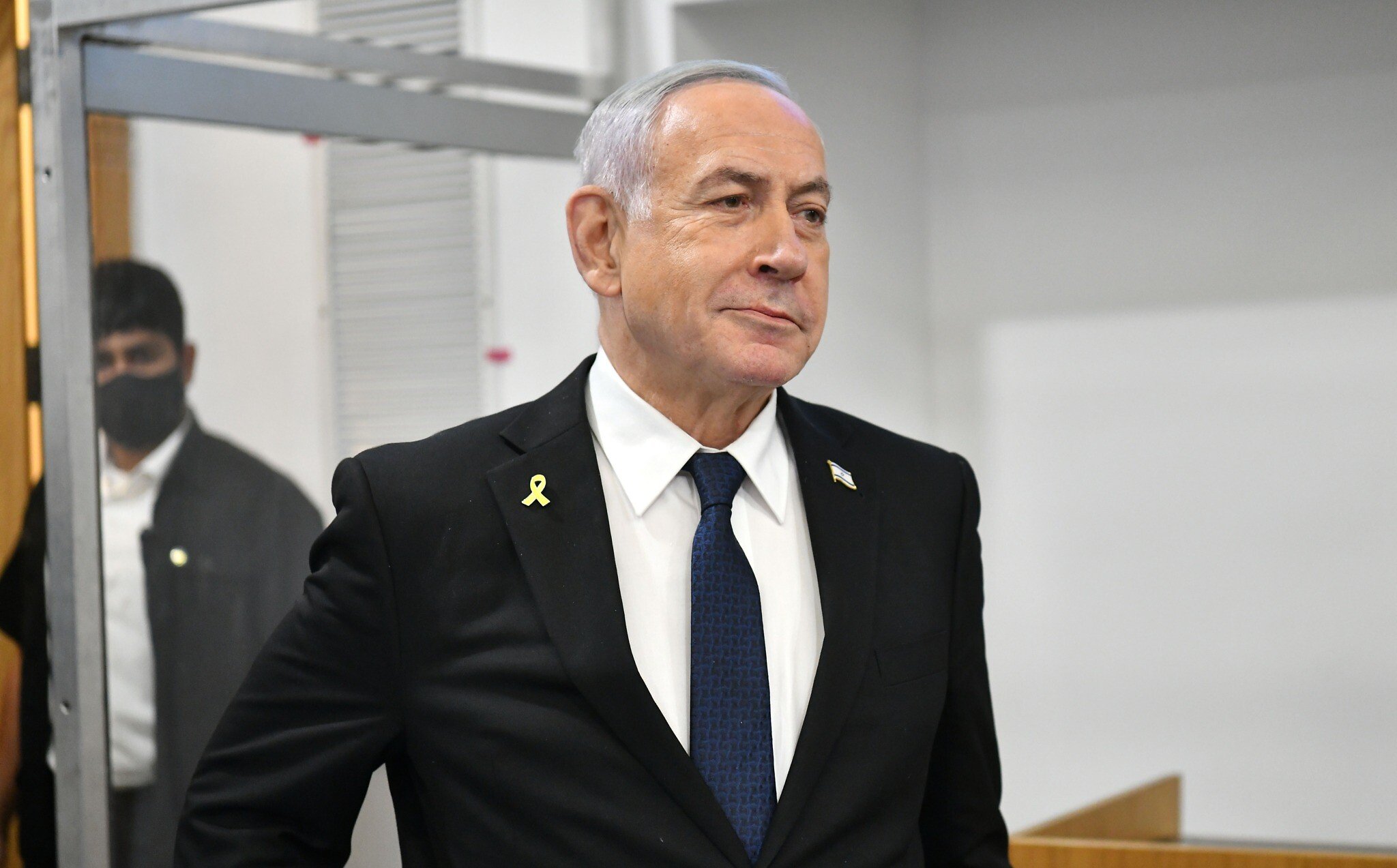
Prime Minister Benjamin Netanyahu pushed back against accusations that he and his government bear any responsibility for failures that led to Hamas’s October 7, 2023, onslaught and reaffirmed his assertion that the security establishment — not political leaders — failed to prevent the deadliest attack in Israel’s history, in an English-language video shared on his social media accounts Monday night.
With the stability of his coalition again under threat, and amid growing allegations that he has prolonged the war in Gaza for his political benefit — including an investigative report in the New York Times over the weekend, Netanyahu sat down with his recently appointed international affairs advisor, American-Israeli journalist Caroline Glick, for an eight-minute staged interview, in which he issued some of his harshest public criticism yet of the Israeli security establishment and defended his wartime policies.
Answering what Glick called “some hard questions that keep coming up in the international media,” Netanyahu claimed that he was misled by defense officials, kept unaware about critical intelligence, and ultimately made all the key wartime decisions himself—while rejecting allegations that his political agenda or coalition considerations framed his handling of national security.
In the video, captioned “Just the facts” on his X account, Netanyahu responded to accusations that domestic turmoil caused by his government’s 2023 judicial overhaul agenda created the conditions for the attack, dismissing the idea as “bogus.”
“Don’t mistake our internal democratic debate,” he said. “On the day of reckoning, if we are attacked, we shall all be there, left and right — and that’s exactly what happened.”
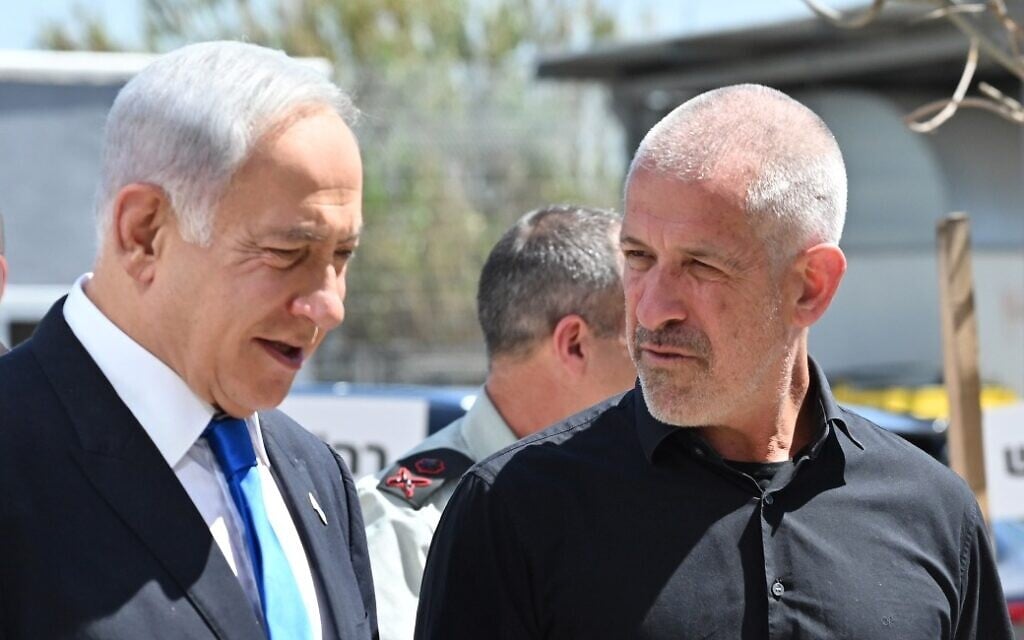
Asked about claims by former IDF chief of staff Herzi Halevi and ex-Shin Bet head Ronen Bar that they warned Netanyahu of an impending attack months earlier, Netanyahu denied that they issued such warnings.
“It’s exactly the opposite,” he insisted, referencing “recorded conversations with the entire cabinet.”
Netanyahu repeated previous claims that the security establishment “convinced the government not to worry about it,” and that its former heads instead told him that “Hamas is deterred. Hamas wants workers, they want economic benefits, there’s no danger of an impending attack. And they said it again, and again, and again.”
Furthermore, he again claimed that at midnight on the eve of the attack, there were “a lot of intel signs” suggesting something was coming. But, he said, “they didn’t call me. They didn’t wake up the commander-in-chief. Because let me tell you, if I’d received a call, I would have acted differently — and that didn’t happen.”
The premier also pointed to the so-called “Jericho’s Walls” plan as evidence that the defense establishment failed to correctly interpret intelligence on Hamas.
In 2022, the IDF Intelligence Directorate obtained information from Hamas dated August 2021, which outlined a large-scale ground invasion of Israeli border communities and IDF posts, and was put into a report dubbed Jericho’s Walls.
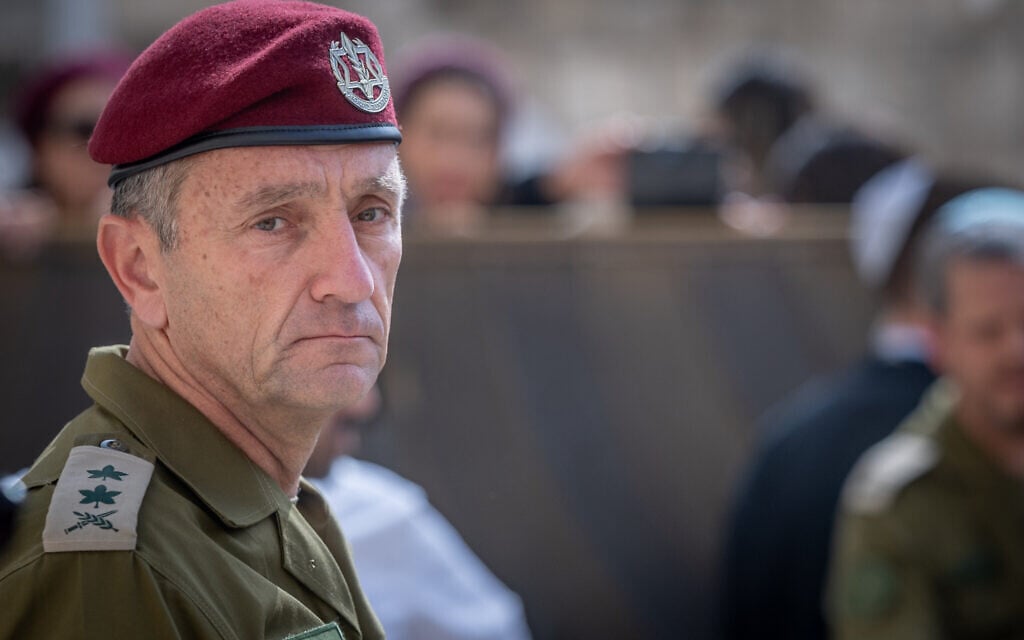
“We never saw it,” Netanyahu stated, referring to the report. He argued that the very existence of the plan contradicts those blaming the judicial overhaul for creating the conditions for the assault. “It was hatched by Hamas in 2022, when a leftist government was in power. It didn’t have anything to do with the judicial reform.”
The prime minister accused the intelligence community of burying the plan. “It basically described exactly what Hamas was going to do… but these guys were working on a fixed idea: Hamas was deterred, and even if we got this incredible information, they didn’t really mean it. They want goodies, they want benefits, they’re not gonna attack us.”
Despite Netanyahu’s assertions, official reports from security bodies show that several warnings were issued to the political echelon by the security establishment in the years and months before October 7.
Netanyahu received at least four official documents in the spring and summer of 2023 warning him about how the country’s enemies were viewing the societal upheaval over the judicial reform at the time, the IDF revealed in May 2024.
In March, the Shin Bet security agency published a summary of its investigations into its failures during the lead-up to October 7, wherein it named an overly defensive government policy regarding Gaza over the years as a key contribution to the attack.
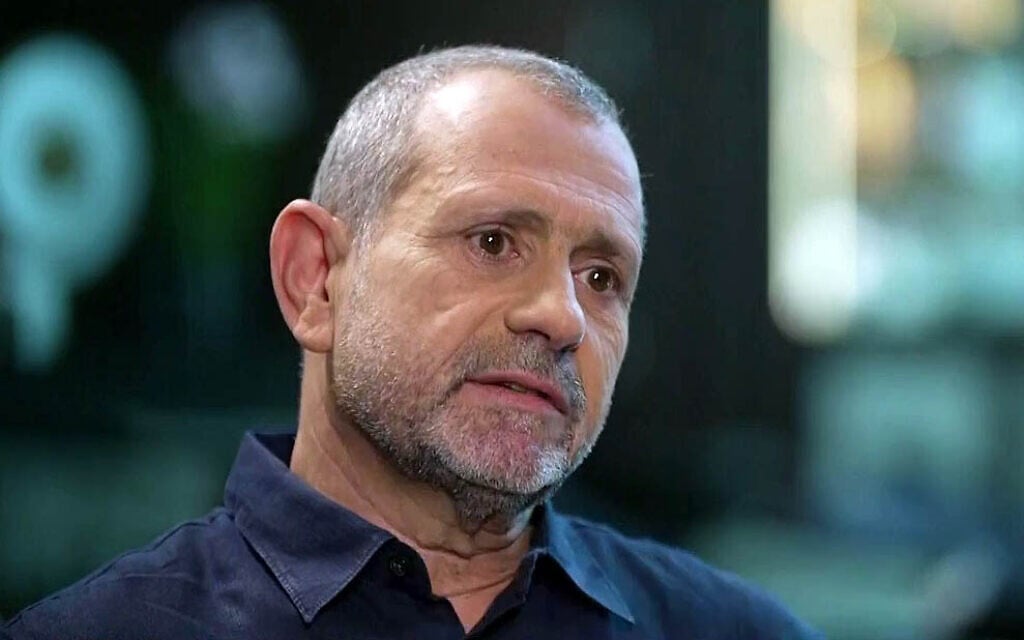
While Bar acknowledged that if the agency had acted differently, “the massacre would have been avoided,” he found that the policy of Netanyahu’s government to allow a flow of money from Qatar to Gaza, and subsequently to Hamas’s military wing, enabled Hamas to build up its forces for the October 7 onslaught and decide to carry out the attack.
The investigation also found that during the night between October 6 and 7, there were gaps in the “handling of information and integration of intelligence,” as well as operations that did not follow the usual protocol, and a lack of “fusion” with the IDF’s intelligence.
In March, former Shin Bet head Nadav Argaman said that Netanyahu tried to “buy peace [in Gaza] with Qatari money,” despite being aware of the agency’s stance against the policy.
It was clear to everyone that this would backfire on us one day,” he said. “The prime minister knew, the cabinet knew, the issues were presented more than once or twice.”
Turning to post-October 7 matters, Netanyahu also responded to criticism that he has taken credit for major wartime achievements led by security officials while avoiding responsibility for failures: “There were many questions, many reservations, some of them legitimate. But in all the key decisions of the war…I led them. They followed. I’m glad they did.”
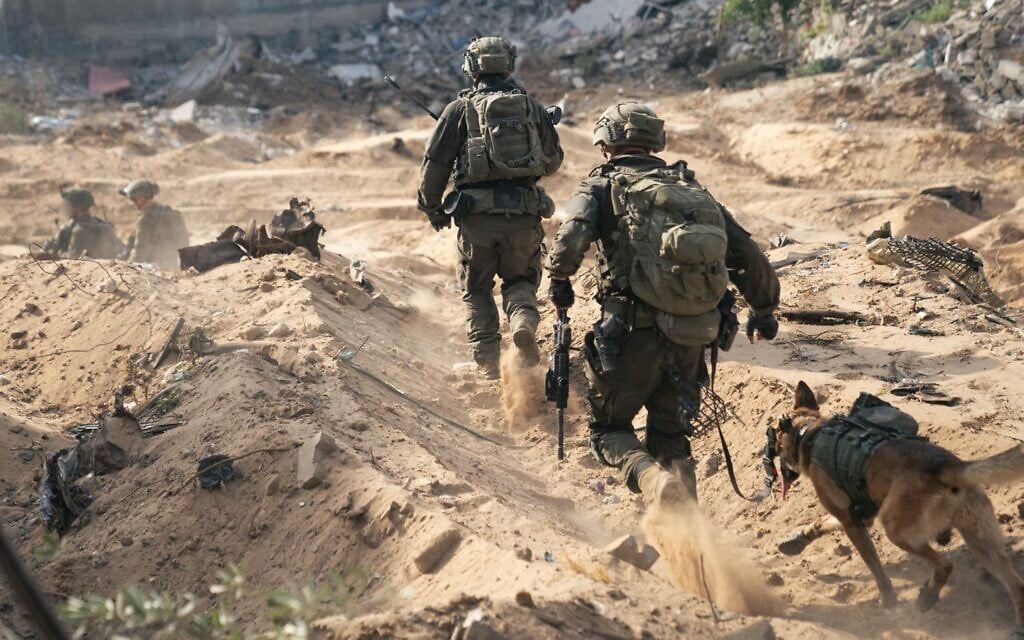
He listed what he called his central wartime decisions: attacking Hamas while keeping Hezbollah at bay; ordering the operation in Rafah; launching the beeper attack on Hezbollah; green-lighting the elimination of former Hezbollah leader Hassan Nasrallah; and approving the June attack on Iran months before it occurred. Many of those moves, he stated, were taken against the advice of security officials and under pressure from the previous US administration.
Netanyahu addressed the ongoing negotiations on a Gaza ceasefire and hostages release agreement, denying that he has allowed coalition politics to block progress.
“That’s ridiculous,” he said. “In fact, I made hostage deals against my political partners in the coalition. Some of them voted against it. It didn’t faze me.”
He said he refused to accept the view that no hostages would return alive, and that he only refused when the deal on the table was bad: “A bad deal would be to leave Gaza, allow Hamas to rearm, and attack us again and again. No sane government would do it. I certainly didn’t.”
“I intend to get all of them,” Netanyahu said of the remaining 50 hostages.
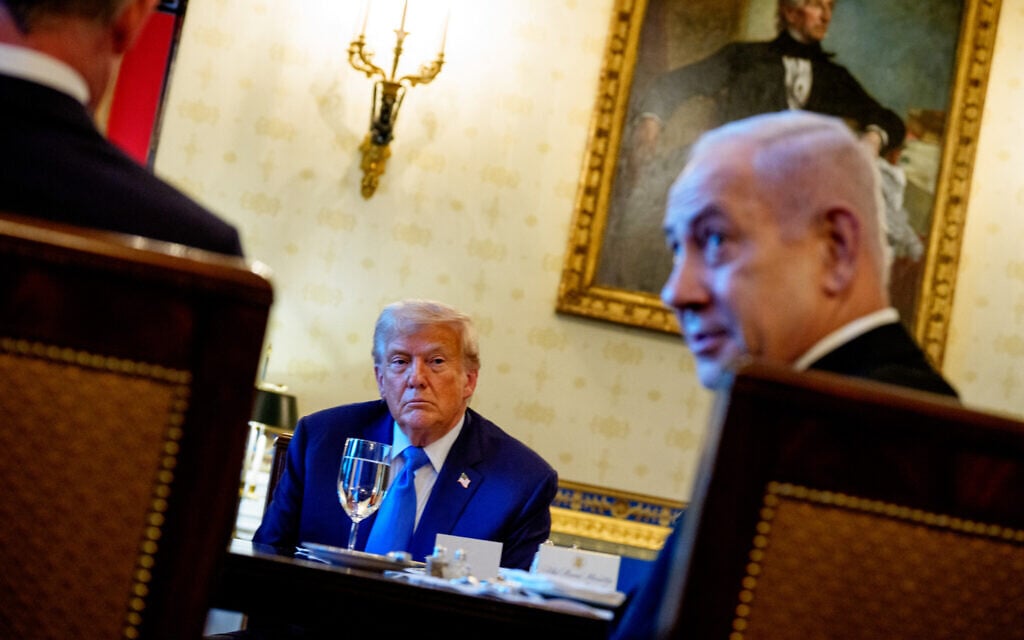
Asked about reports that he refused to engage with US proposals for Gaza’s “day after” during the Biden administration, for fear of angering his right-wing coalition partners, Netanyahu replied: “No, it’s another falsehood. It’s not my personal political survival that I’m concerned with, but my country’s survival.”
Pressed on his “endgame” in Gaza, Netanyahu replied simply: “It’s called victory, victory, victory.”
He concluded by aligning himself with US President Donald Trump, saying they both abide by “a doctrine called peace through strength. First comes strength — then comes peace. That’s what’s going to happen.”
Emmanuel Fabian contributed to this report.
